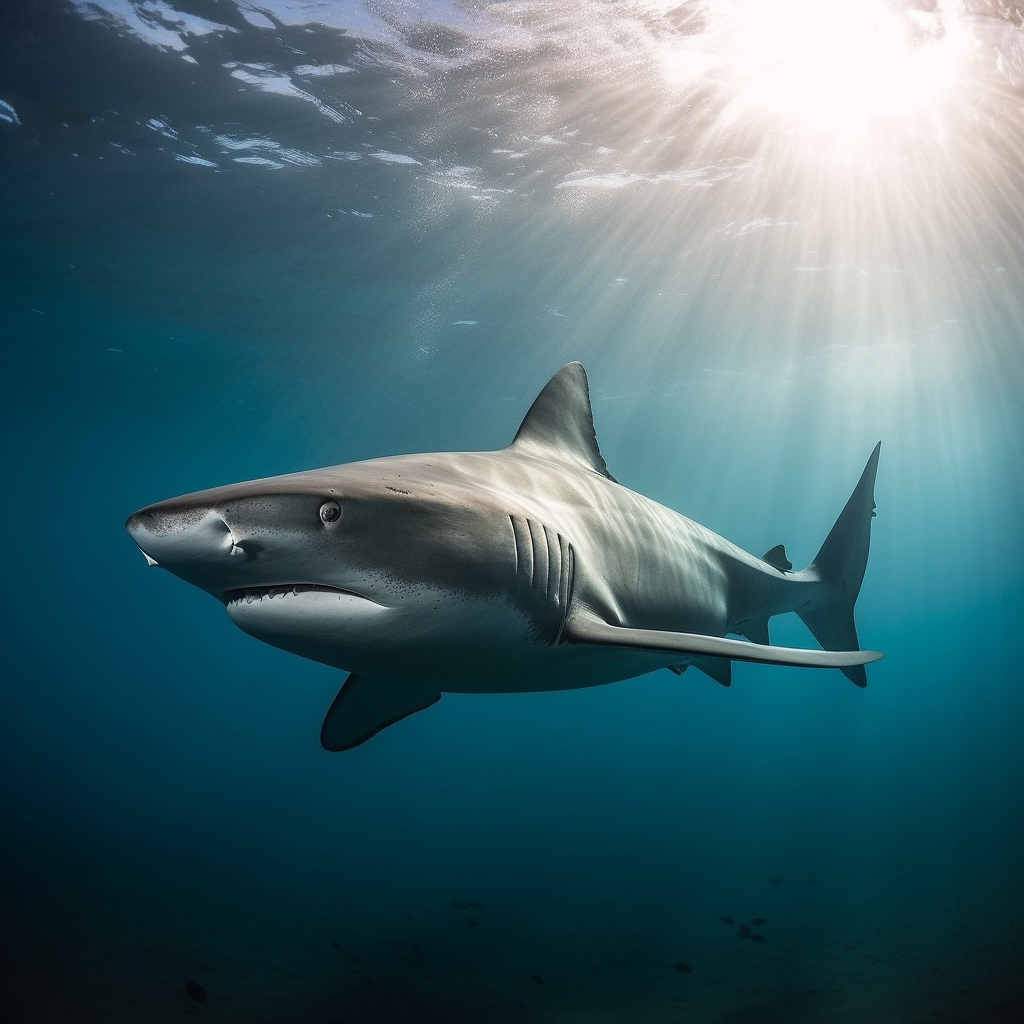July 18, 2024
Sharks – Surviving Extinctions, Struggling with Climate Change
Book a Demo
The ocean’s most feared predators, sharks, have endured five mass extinctions over 450 million years. However, they are now in danger of being impacted by the sixth mass extinction due to overfishing and ocean degradation. These ancient creatures are now facing a new threat in the form of climate change, which could disrupt their populations and reproduction process.
Climate change affects the ocean’s temperatures, causing them to fluctuate between extreme warmth and coldness. This instability poses a risk to nearly 40% of shark species that reproduce by laying eggs. A recent study revealed that the increasing ocean temperatures and acidities might lead to a significant decrease in shark populations, with egg-laying species, such as the small-spotted catshark, particularly affected.
The rise in ocean temperatures is also impacting sharks’ metabolic rates, leading to acceleration and causing them to expend more energy. This could potentially trigger human-wildlife conflict as sharks move into new habitats in search of food. Climate change’s impact on the ocean extends beyond temperature changes; it is also disrupting the food chain. As fish and squid migrate to new areas due to warming waters, sharks will find it more challenging to find prey. Additionally, the ocean could experience devastating “coldwaves,” which can have a markedly adverse effect on the shark population.
This year, the East Coast reportedly saw an increase in shark encounters due to warmer-than-usual waters and other environmental factors. Shark sightings began earlier than usual, leading to temporary beach closures and heightened vigilance among beachgoers, especially following several shark bites reported in May.
As climate change continues to warm the coastal waters, there could be more shark sightings and encounters further north. Higher water temperatures potentially lead to an expansion in the shark population, posing new challenges for our coexistence with these ancient predators.
The impacts of climate change on our oceans are far-reaching and complex, affecting even the world’s oldest and most resilient creatures. As we continue to study and understand these changes, it is crucial to consider their implications for all marine life, including the mighty shark.
Science4Data is committed to cut through greenwashing and measure real impact. Join the journey to a sustainable future. Your actions matter.



